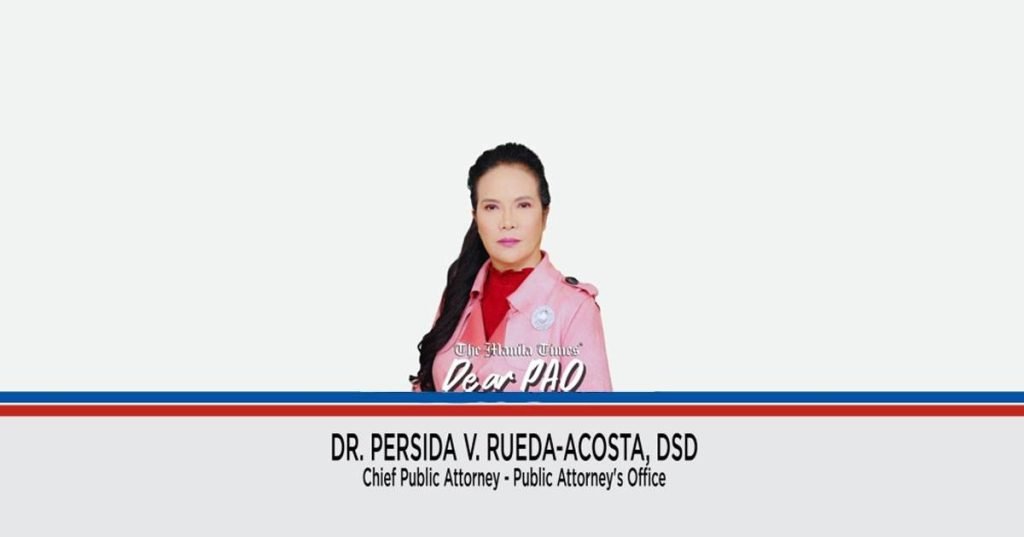
Dear PAO,
My son has been saving for a pair of shoes he wanted to buy. Every day after school, he would drop several coins from his daily allowance into a small jar in his closet. He also collected spare change from our shopping or dining purchases. After months of saving every coin he could find, my son finally saved enough coins to buy the shoes. Unfortunately, when we arrived at the store, the sales lady told us they could not accept the P5, P10 and P20 coins worth P2,500. Is the store correct in declining the payment of my son in coins?
Jennifer
Dear Jennifer,
In the Philippines, legal tender refers to any form of money that must be accepted if offered in payment of a debt or financial obligation. Under Philippine law, the legal tender is the Philippine Peso in both coin and banknote forms, as issued by the Bangko Sentral ng Pilipinas (BSP). BSP mandates the use of the Philippine Peso as legal tender in settling debts, payments, and financial obligations.
The legal tender limit of Philippine coins per transaction has been increased under BSP Circular No. 1162, Series of 2022, dated Dec. 1, 2022, to further promote the use of coins in payments and other cash transactions.
The circular specifies that P1, P5, P10 and P20 coins must be accepted as payment or change for transactions up to P2,000, while 1-, 5-, 10- and 25-sentimo coins should be accepted for amounts up to P200 per transaction. These limits represent an increase from the previous caps of P1,000 and P100, respectively.
In your case, the P2,500 savings of your son consisting of P5, P10 and P20 coins are above and beyond the legal tender limit of P2,000 as provided for under the BSP Circular 1162 Series of 2022. Hence, you cannot compel the store to accept your son’s payment consisting of coins for the shoes he wants to buy. Conversely, the store has the right to decline your son’s payment in coins beyond the limit stated in the above-mentioned circular.
It is important to note that the coins may be used and accepted in amounts higher than the legal tender limits stipulated by the circular, provided that both payer and payee mutually agree to transact using quantities of coins above said limits. Hence, the legal tender limit for a single transaction of coins does not preclude transactions above the stated coin limit so long as both parties have prior and mutual agreement.
We hope that we can answer your queries. This advice is based solely on the facts you have narrated and our appreciation of the same. Our opinion may vary when other facts are changed or elaborated.
Thank you for your continued trust and support.
Editor’s note: Dear PAO is a daily column of the Public Attorney’s Office. Questions for Chief Acosta may be sent to [email protected]






